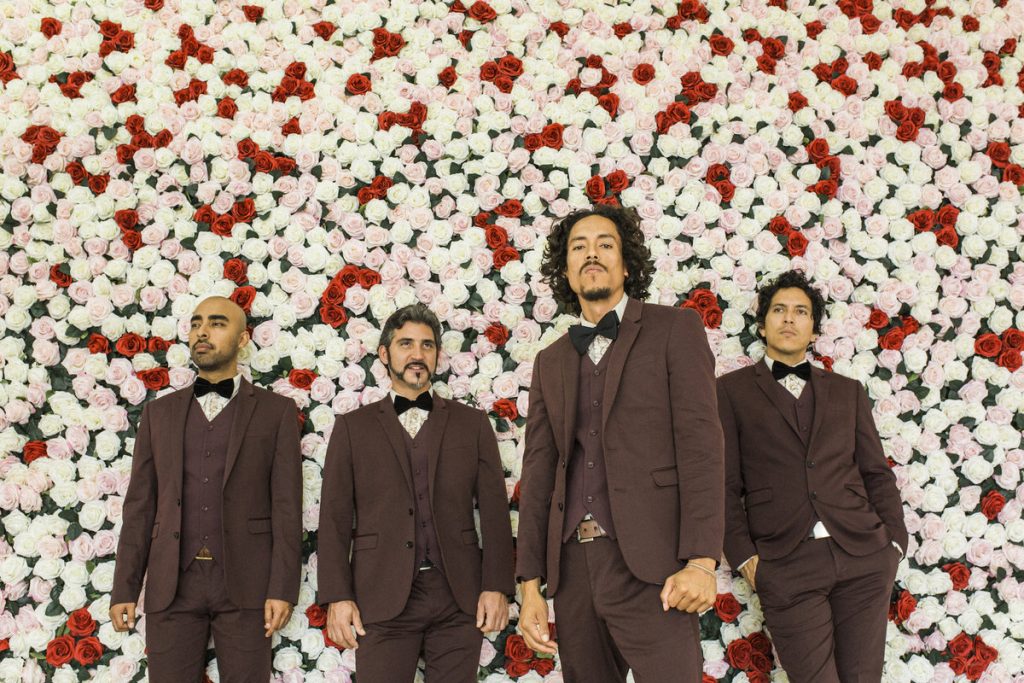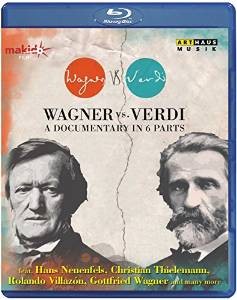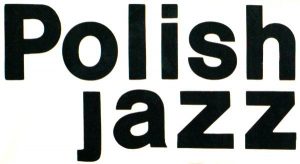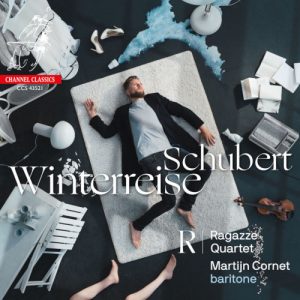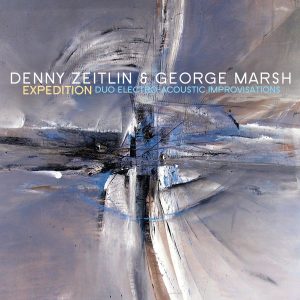As I write this review, Chicano Batman takes the stage in the blaring sun of the Coachella Valley for the second time—two years ago, some had commented on how absurd it seemed that this Los Angeles-based tropical soul band hadn't played the iconic festival. Now, on the heels of hearing their third full length album, Freedom is Free, I watch young concert-goers re-apply sunscreen as front-man Bardo Martinez breaks between songs to give thanks to the sun.
I must confess—I'm watching their set via YouTube as I enjoy coffee and a very late breakfast in the company of a snoozing pug. Still, I'm reminded of the electric energy of their live performance, as today's set streams into the living room.
Their new album masterfully captures the optimism-laced heart of Chicano Batman's sound, while bringing messages of resistance, and plenty of spirit and soul to the forefront.
The album's production comes from soul-revival guru Leon Michels (El Michels Affair, The Arcs), who contributes subtleties that further refine their sound and style, making the record suitable for the audiophile.
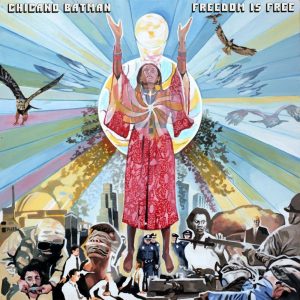
In fact, the album was tracked to analog tape after 2-3 live takes per song. Michels added his trademark horn and key arrangements to the album, and tracked the live recordings to analog tape. He's been known to go through several generations of tape before the final mix, and this commitment to the fullest sound possible show—standing up to a quality home hi-fi system, and retaining life as it streams to a young Angeleno's smart phone speaker.
While the retro vibe and sonic quality of this album puts the band into immediate comparison to a lineage of iconic soul, Latin rock, and funk music revivals like Sharon Jones and the Dap Kings (also recorded by Michels), their message also resonates strongly, articulating the importance of "keepin it real" in trying times.
Friendship (Is A Small Boat In A Storm) cleverly balances the polarity of openness and trust with the betrayals that come "when the clouds start singing" and "the wind is high and the waves scary." The impressively crammed phrasing of the backing vocals in this song, coupled with a growly revolving melody on the Hammond B3, make this song uniquely catchy.
Then, there's the politically oriented content in "The Taker Story" and the title track, "Freedom is Free." While the former rests on a consistent thumpy groove to offer an updated take on Gil-Scott Heron's critiques of imperialism (a world where "the takers lost control"), the latter employs Carlos Arevalo's funky wah pedal to drill home their core message of how we ought to co-exist on planet earth.
In a Coachella interview with Jason Bentley, Bardo explained that "not being yourself causes malady," and attributes many of today's social ills on a lack of authenticity. He encourages his listeners to resist oppressive systems, while having a willingness to change oneself in order to make an impact. In another interview for the LA Times, Martinez spoke to the need for more realness as demographics shift in historic neighborhoods like Boyle Heights, where gentrification is a serious concern. "Hipsters have to get their heads out of the clouds and stop being super-entitled. Just be cool to your neighbors. There’s so many things to connect on.”
Chicano Batman bridges those connections in every phrase and melody. Their uniqueness and authenticity is apparent from start to finish on this album. Whether they're re-inventing Mexican folk music with songs like "La Jura" and "Flecha Al Sol", experimenting with time signatures in "Angel Child" and "The Taker Story", doo-wop, psychedelic funk, or jamming instrumentally in "Right off the Back" or "Area C".
Their sense of hopeful connectivity shines through on my personal favorite track, Run, where the lyrics reflect a stream of consciousness while presumably jogging astride those friendly backup singers, a wonderfully mixed jazz guitar that occasionally reverts to subtle arpeggio, and ends with Michels' playful flute.
"Now the time has come
To move my legs and run
I run I run I run I run
I need to run and run and run and run
And now I feel the energy of the universe
And I roll with it forever
I love you space and time
To put it simply I'm on my way"
Whether this album is enjoyed more for for its retro vibe innovation, superb recording and mastering, or simply for its pure message, it's a bonafide diamond in the jaded rough of Los Angeles culture and music. Perhaps it even paints a path forward for a city that holds so many evolving genres, tricky tensions, and diverse cultures within its boundaries.




